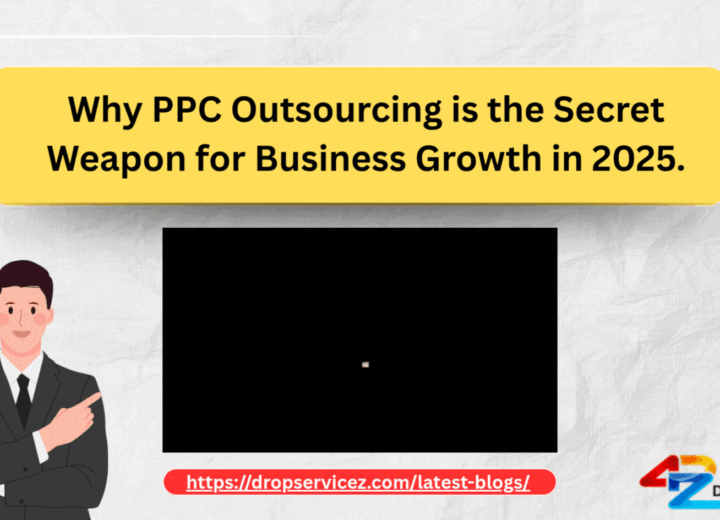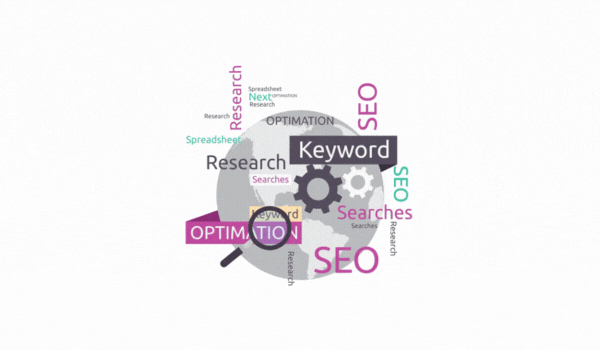
The traditional shift has been from cost-cutting measures towards transformative business processes. This, in effect, focuses on the ways that outsourcing can be a driver for business transformation, rather than an expense-reducing tool.
Overview
The future path of outsourcing is about its evolution from a traditional cost-cutting measure into a business transformation enabler. It underscores that integration with innovation solutions and the course will go toward more strategic, value-driven models for outsourcing.
Key Sections and Insights
Future of Outsourcing: Outsourcing’s New Life
It no longer plays a back-office role but steps directly into middle and front-office shoes as an agent of business change. The COVID-19 pandemic has accelerated the realignment of business models demanding more value from outsourcing. Modern outsourcing focuses on delivering innovative, fully integrated solutions rapidly and within or above client expectations. It is indeed a period of major disruption and excitement in the industry, with impact from solutions that are industry-specific rather than just cost arbitrage.
Disruptors Shaping the Future
Unprecedented changes are impacting markets, products, and services. The compulsion for digital transformation and innovation is leading companies to have a relook at their outsourcing and talent management strategies. Disruptors such as COVID-19 have brought out the need to relook at the outsourcing strategy, concentrating on operational resilience, optimized delivery models, and digital integration.
Delivery Continuity
The pandemic has driven home the message of the efficacy of outsourcing in digital technology adoption, innovation, and cost savings. Companies are increasingly using agile practices to improve delivery speed and deliver transformation. This is more and more seemingly the objective: the driving of data and technology in support of superior customer and end-user experiences, hence a much smoother integration of business and support functions. Contracts are more transparent and flexible in alignment with business outcomes, accommodating provisions of disaster recovery, data protection, and remote working capabilities, among others.
Pressure on Service Providers

Service providers are under the pump to be flexible and innovative as market demand rises. They are looking at diversified delivery locations, with resilient operating models and a focus on business continuity planning and disaster recovery as critical. The arbitrage curve being relatively flattened by rising unemployment in countries most attractive for offshoring makes more flexible and agile solutions imperative.
Transformation-Enabled Outsourcing
Traditional outsourcing focused on economies of scale and labour cost savings through nearshore and offshore locations. Transformative outsourcing: Uses technology and automation to achieve more savings and fewer errors in transactional processes. The future of outsourcing contracts will be achieved by the realization of value rather than the current preoccupation with measuring cost, thus demanding proactive contract governance and integrated procurement strategies.
How Outsourcing is Enabling Transformation

Outsourcing is expanding from back-office functions to core business operations and front-office services like sales, marketing, and customer service. It means that providers are bringing industry-specific products and solutions, resulting in innovative outcomes at business speed.
Market-Ready Technology
The solution can be designed around available solutions and platforms that the vendors are continuously innovating on, resulting in lower costs, speedier implementation, high quality of operations, with consistent innovation. Tailored solutions become stagnant, need more significant investment, and hence don’t delight clients.
Modern Outsourcing Models
Modern outsourcing has witnessed a hub of hybrid models to align services with the optimal approach for each function, which includes staff augmentation, crowdsourcing, and managed services. Strategic supplier relationships and transformational outsourcing are growing segments that focus on digital transformation and improved business outcomes.
Changing Role of the Outsourcing Advisor

There is a shift in focus for the outsourcing advisor, moving away from managing performance using operational metrics towards driving business outcomes. Advisjsons are there to Align client priorities to the provider capabilities and integrate the services across the multi-provider services, and also support governance and value realization
Conclusion

The future of outsourcing is in creating significant business transformation and creating innovative integrated solutions that are targeted at specific industry requirements which create and offer value and build strategic partnerships. As the business environment evolves with each passing day, this will lead to the added demand for more flexible and outcome-based contracts that work on a partnership footing between the service providers and clients in delivering the agreed-on business outcomes.
When it comes to releasing organizations from traditional cost-cutting approaches and utilizing them to undertake transformative outsourcing, organizations can improve their margins, cut costs, increase revenues, and improve customer experiences; hence, they can be able to achieve sustainable success in a dynamically growing market.
Read Other Blog Also here is the link: Why Are Fortune 500 And Emerging Small Businesses Turning To India’s Outsourcing Agencies For Unparalleled Services And Substantial Business Progress?





